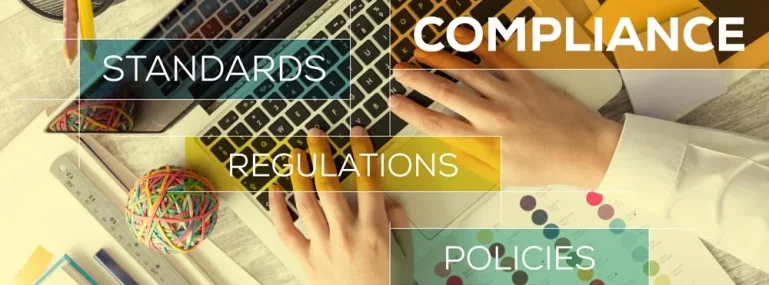Why Outsourced Compliance is the Key to Your Business Meeting Regulatory Strategies
![]()
Within service, regulatory compliance is not just a legal responsibility but a cornerstone for success and sustainability. With the increasing intricacies of legal structures and international standards, many companies are turning to outsourced compliance as a strategic service. This approach not only guarantees adherence to regulations but likewise brings numerous benefits to an organisation.
What are the benefits of contracting out compliance?

Expertise on need: Outsourcing compliance permits businesses to take advantage of a swimming pool of specialists with deep understanding of regulatory requirements. This expertise is vital in navigating the ever-changing landscape of rules and policies, which can be particularly challenging for companies broadening worldwide. For business aiming to globalise, Carpenter Box’s International Services provide tailored solutions that help in complying with .
Cost-effective management: By outsourcing, business can decrease the costs connected with maintaining an internal compliance team. This consists of savings on training, salaries, and the innovation required to monitor compliance. It’s a practical solution for organizations to manage their finances better while ensuring compliance.
Risk mitigation: Compliance specialists are skilled at determining and attending to possible dangers. Their proactive approach to compliance management assists avert expensive legal fights and charges, therefore securing the company’s credibility and financial health.
How can contracting out be utilized as a service method to benefit the organisation?
Outsourcing compliance obligations makes it possible for services to focus on their core activities. By entrusting regulatory jobs, companies can focus on development and innovation, driving their service forward without the burden of compliance complexities.
As businesses grow, their compliance requires progress. Outsourced compliance services are scalable, supplying flexibility to get used to new guidelines or changes in service size. This adaptability is crucial for organizations aiming to broaden or change their market methods.
What are the benefits of compliance with policies?
Following regulations shields organizations from legal repercussions and hefty fines. Compliance makes sure that organizations operate within the law, therefore preventing pricey legal concerns that can develop from non-compliance.
Additionally, customers and stakeholders are most likely to engage with a business that is understood for its ethical practices and adherence to policies. This trust is invaluable in developing a loyal customer base and a strong market track record. By satisfying regulative standards, companies demonstrate their commitment to fair and ethical practices, setting them apart in the market.
What is the function of compliance with guidelines?
Ensuring reasonable business practices: Regulations are created to create an equal opportunity in the business world. Compliance ensures that companies run fairly, promoting healthy competitors and customer security.

Protecting consumer rights: Regulatory compliance is important to securing customers. By adhering to guidelines, businesses make sure the safety, privacy, and rights of their clients are maintained.
Maintaining industry standards: Compliance helps in preserving particular standards within markets. This standardisation is vital for quality assurance, safety, and ethical practices.

Supporting ethical organization operations: At its core, compliance is about running fairly. It shows a service’s commitment to doing what is right, not just what is lawfully needed.
For organizations seeking to navigate the complexities of compliance, understanding these benefits and methods is just the start. Taking the next action includes finding the best partner to assist you through this journey. Do not hesitate to reach out and call us at Carpenter Box for expert guidance and customized solutions in compliance and global organization strategies.


